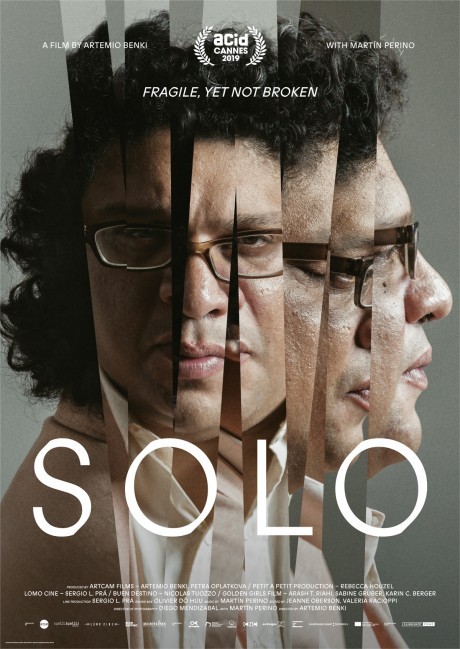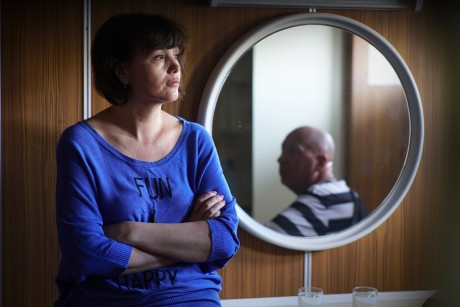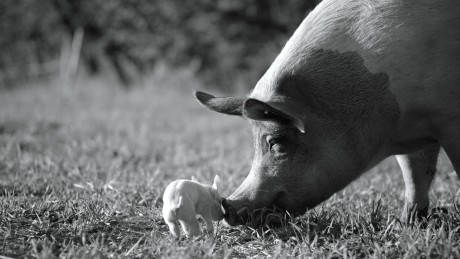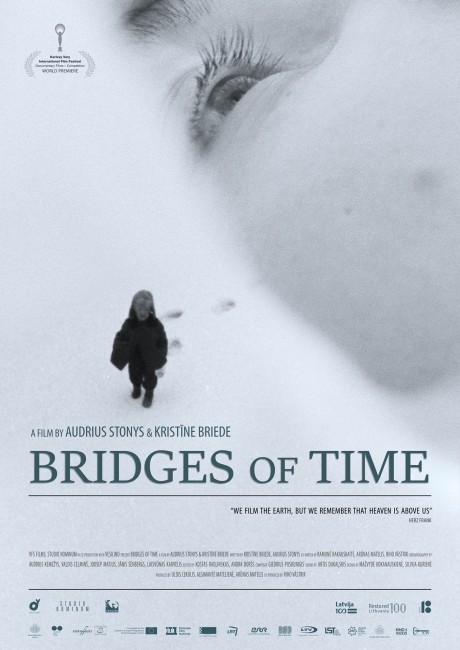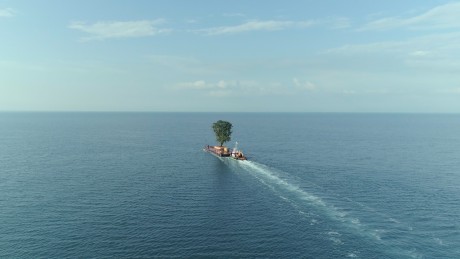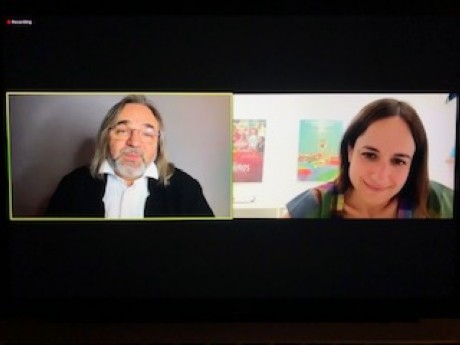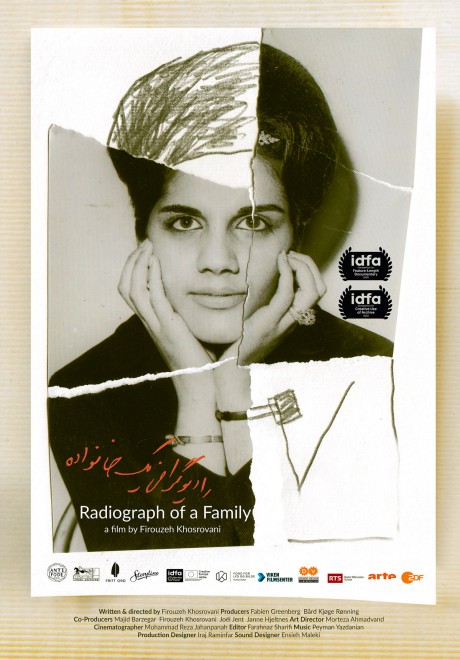Words from Svetlana and Zoran Popovic:Here we go again! After a delay due to the pandemic from which we all suffer, and from which we have learnt to take measures into consideration; Where we are, Whatever we are doing. Let’s continue to do so during the Magnificent7, 16th edition in Belgrade.
And words from me, selector together with the mentioned Popovic’s: Here we are to again enjoy to be together – respecting distance and wearing masks – in a cinema to see films on the big screen as they were meant to be seen, when they were made.
I have been to many festivals this year. Online. I have even been a juror. Online. Alone in front of my MacBook! So, like many of you in the audience, I look forward the moment when films come back to cinemas, come back to big screens…
And I say so that because we have chosen excellent films for you. Films that
have important themes of our time, appealing to heart and brain. Emotional, informative, thought provoking. Taking you to countries like Argentina, Russia, Finland, Denmark, Netherlands and to Nature. Several of the films have already been awarded at other festivals, now the award given is to be screened at Magnificent7. Am I too overwhelming in my phrases? No, I am simply proud of being part of the selection team with Svetlana and Zoran Popovic.
And happy that we can start with „Gunda“ by the master Victor Kossakovsky. It has been to big festivals so far, on a big screen, as the director wants it solely to be shown in theatres. It features a mother sow, Gunda, two ingenious cows and a one-legged chicken…
Equally happy we are to welcome back – unfortunately not physically – Oeke Hoogendijk and Jerzy Sladkowski. Hoogendijk (who was here with “The New Rijksmuseum”) has again put herself behind the scene of art with “My Rembrandt” that invites us to experience – with humour and insight – how the best painter ever is being treated by art historians and sellers and buyers.
And Polish – living in Sweden – Jerzy Sladkowski comes with “Bitter Love”, a visual cruising tour on a boat named Maxim Gorki, where he (as in “Don Juan”) with the help of – again – the magnificent cameraman (and director) Wojciech Staroń, catches love in all its Russian – Chekovian – aspects. It is a tour full of tears and smiles and music!
Yes, music, piano music by Martìn Perino in the film “Solo” that takes place in Buenos Aires, mostly in a psychiatric hospital, where Perino is being treated for his mental disease. Get ready for a touching, superbly told story about the pain, the suffering, the joy, the introvert side of Martìn Perino, who is full of energy and comes out of the hospital to live on his own. “I have to get rid of the genius” he says to his therapist. The film was directed by French Artemio Benki, who tragically passed away in April this year. RIP.
And we stay in Buenos Aires to make a special screening, “Un Tango Mas” (Our Last Tango) by German Kral. Tango is thedance that always reminds us how important it is to stay close and understand the other. To stay close in a time where we at the same time are advised to keep distance…
From Buenos Aires to my home country Denmark, from where comes “Patrimonium” by Carl Olsson, who is born in Sweden, educated in Denmark, with quite an eye for a phenomenon that I as a Dane knew existed but had never seen so well depicted as here, “the noble landed gentry, constantly renegotiating the borders between history and modernity”. We wanted the film for the 2019 edition of the festival but the prestigious Moscow IFF saw its qualities as well and Olsson won a special award for its “artistic excellence”. No objections and here it is for the Belgrade audience.
Finally, the film that ends the festival takes us Further North, to Finland, country with a strong tradition for original documentaries – we have had several Finnish films at the festival – and “The Happiest Man on Earth” is no exception. Joonas Berghäll puts himself into the film together with 6 other men, who – like in his previous film “Steam of Life” – break the stereotypes that Finnish men are not able to express emotions and their wishes for a happy life, for love. It is touching and full of special humour as you could expect from Finland.
This is Magnificent7 2020!
Tue Steen Müller
Copenhagen, October 19 – December 15, 2020
http://www.magnificent7festival.org/en/filmski_program.php




